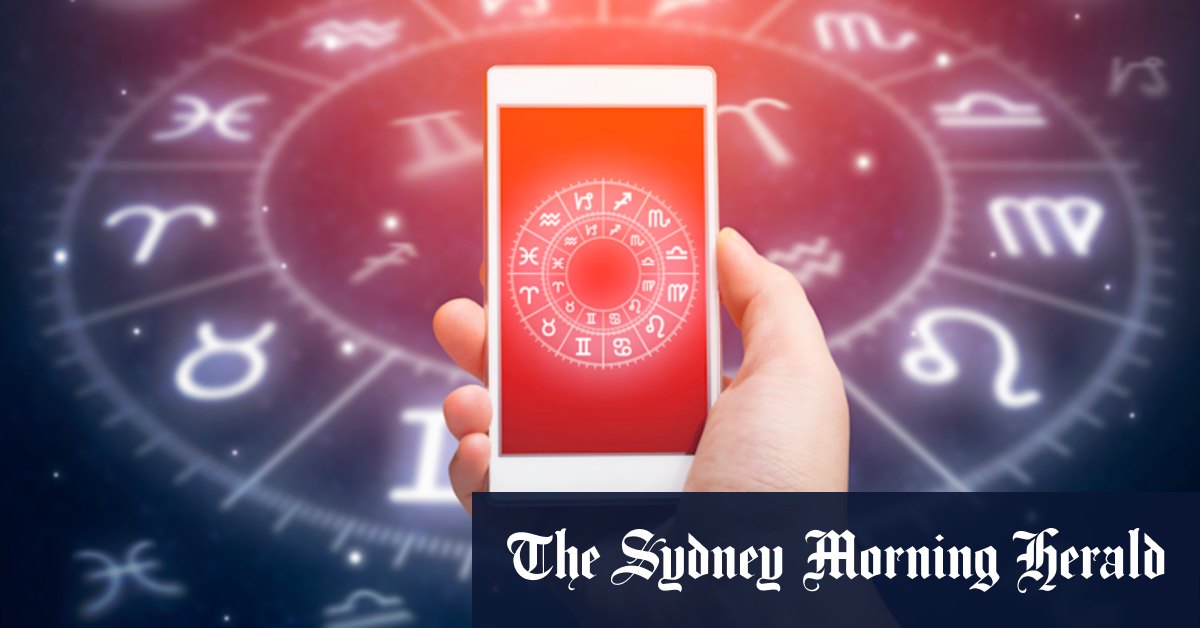While the sidereal zodiac used in Vedic astrology – an ancient Indian version of the belief system – relies on the positions of celestial bodies to interpret planetary influences which have indeed shifted relative to the Earth, western astrology uses tropical astrology.
This tradition relies on the position of the Earth relative to the sun, using the changing of the seasons as fixed reference points, starting the zodiac with the vernal equinox on March 20.
“Think of it as a map,” says Damari. “The map is static and it has not changed and that is what we go by with tropical astrology.”
While Vedic and tropical astrology were aligned about 2000 years ago when the vernal equinox coincided with the beginning of Aries, they have now diverged in the sky – and into separate fields of interpretation.
In short, you can still trust your horoscope – if that’s your thing.
“If they follow western, or tropical astrology, which is based on seasons, equinoxes and solstices, they are, indeed, the same sign,” Damari says.
Loading
While Damari acknowledges that plenty of people consider astrology “woowoo”, it wasn’t always that way.
Astronomy and astrology were once synonymous, perhaps making Abbie Chatfield’s famous, “I’m a Gemini” response to astronomer Matt Agnew on The Bachelor not so far off the mark after all (Chatfield later explained she knew the difference – it was an in-joke, of sorts).
The origins of astrology are debated, with most pointing to the Babylonians in Mesopotamia more than 3000 years ago as the first practitioners. They were the first to divide the sky into 12 parts, creating the signs of the zodiac with which we are familiar today. However, in India, what we now know as Vedic astrology is believed to date back even earlier.
About 400BC, the Greeks adopted the Babylonian system, keen to rationalise the study of the constellations. Led by Greek-Egyptian scholar Claudius Ptolemy, who established the zodiac system still in use today, they believed the zodiac had the power to influence human affairs and natural disasters.
Loading
Later, the Romans popularised astrology, spreading it throughout their empire, linking it with mythology and using the predictions to influence everyday practices as well as matters of politics.
Eventually, the fields of study diverged in the 17th and 18th centuries during the Enlightenment when astrology was finally relegated to a pseudoscience because of a lack of scientific validity.
Just try telling a stubborn Taurus that there’s nothing in it.
“They always think they’re right,” says Damari. “Unfortunately, most of the time, they are.”
Make the most of your health, relationships, fitness and nutrition with our Live Well newsletter. Get it in your inbox every Monday.

